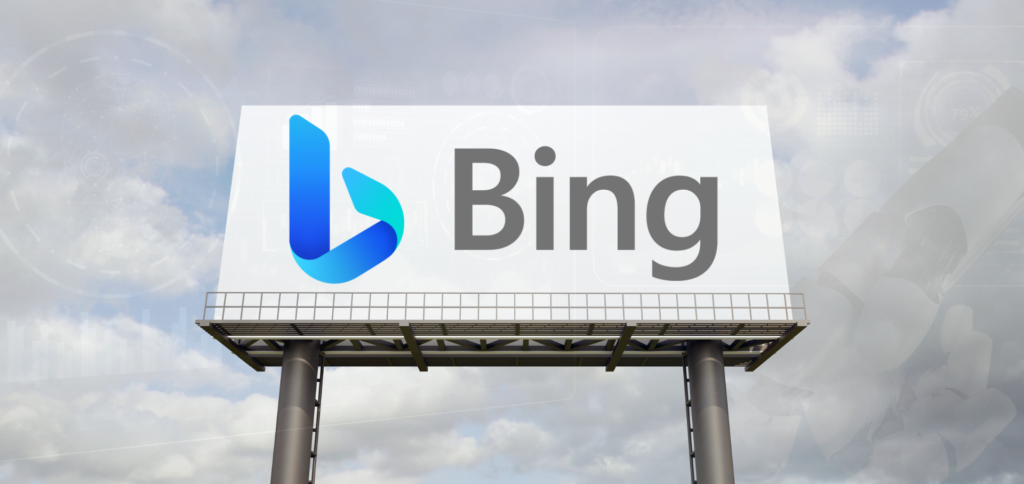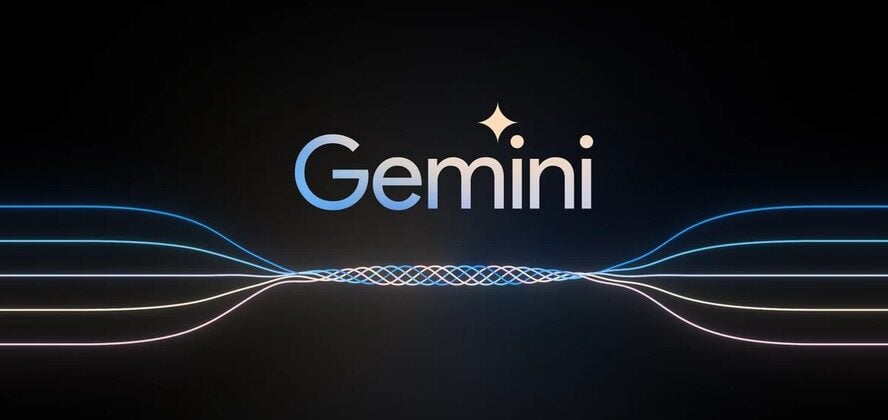“Bing has surpassed 100 million daily active users and the number of mobile app downloads has quadrupled since launch,” said Yusuf Mehdi, vice president of the American technology group.
ADVERTISING
“As a result, Bing’s market share is growing and our Edge browser’s is growing for the eighth consecutive quarter,” he added in a statement.
A Microsoft thus achieves a victory against the Google, after years of the company's dominance with its eponymous search engine, its Chrome browser and also in the area of innovation in artificial intelligence (AI).
In recent months, the two conglomerates began a frantic dispute over generative AI, after the company OpenIA made the ChatGPT, an interface capable of producing all types of text from a simple request.
ADVERTISING
Many doubts
But the success of ChatGPT, Bing, Bard (Google) and other software raises many questions, ranging from intellectual property to the dangers of misinformation, fraud or the replacement of many jobs by AI.
In Europe and the United States, governments are examining ways to regulate a booming industry.
A Microsoft, main investor in OpenAI, added the latest language model from Californian start-up GPT-4 to Bing, transforming online search into a dialogue with a chatbot.
ADVERTISING
“In 90 days, our customers had more than 500.000 conversations and used Bing to get answers on all kinds of topics,” explained Mehdi.
Bing “Image Creator” was recently integrated into the AI chatbot repertoire, which also allows it to generate visual content.
In February, the Microsoft limited the number of consecutive interactions with Bing to avoid “model confusion” after the chatbot declared its love to a New York Times reporter.
ADVERTISING





